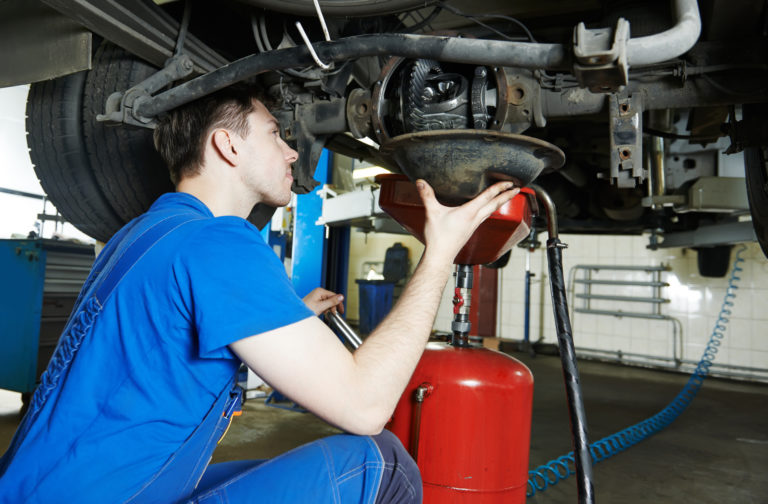If you’re a truck owner-operator or a fleet manager, you’ll want to keep a cap on expenses. If your truck breaks down, it not only costs money to repair but also loses what it could be earning you. That’s why proper and timely maintenance is important. Here’s how you can go about it:
Make a Calendar
The most common mechanical failures are caused due to a lack of maintenance. These are:
– Maladjusted or oil-contaminated brakes
– Underinflated tires
– Hub assemblies that are improperly installed
– Unmaintained steering components
The FMCSA may require one Periodic Maintenance Inspection (PMI) once in 12 months, but depending on the miles covered, you may need to do it more often. The ideal thing to do would be to walk around your truck with a technician with a checklist and examine all necessary parts before and after every long haul, if not more often.
Preventive Maintenance (PM) Program
Conducting regular service, inspections, and repairs are all part of PM. When done properly and regularly, the risk of breakdown decreases, and the lifespan of the vehicle improves. Preventive maintenance can also save company costs by mitigating any accidents or lawsuits that could be caused by negligence. A PM program includes checklists of tasks performed, PM service interval or frequency; driver’s written inspection or complaints, a facility with trained automotive technicians and recordkeeping and scheduling manually or electronically.
The things than need to be checked during a PM service are:
– Body, glass, and mirrors
– Windshield wiper system
– Exterior and interior lights
– Engine and transmission mounts
– Tire pressure, wheels, rims
– Exhaust system
– Steering and suspension
– Engine oil and filters
– Transmission fluid and fuel system
– Cooling system
– Drive shafts / CV joints
– Belt and hoses
– Electricals
– Brakes
– Undercarriage and frame
– Horn
– Seat belt and seats
– Fluid leaks
– Auxiliary systems
Driver Inspection
Drivers are an essential part of the PM program. They deal with the trucks daily and are in the best position to monitor essentials before, during, and after trips. Drivers should be trained to perform the following inspections, catalog findings and report them to the fleet manager: oil, engine fluids, coolants, transmission, rear end, tires (tread, sidewall, and inflation), suspension, shocks, lights and signals, windshield (for cracks), brake shoes (for cracks), and air hoses.


Comments are closed.